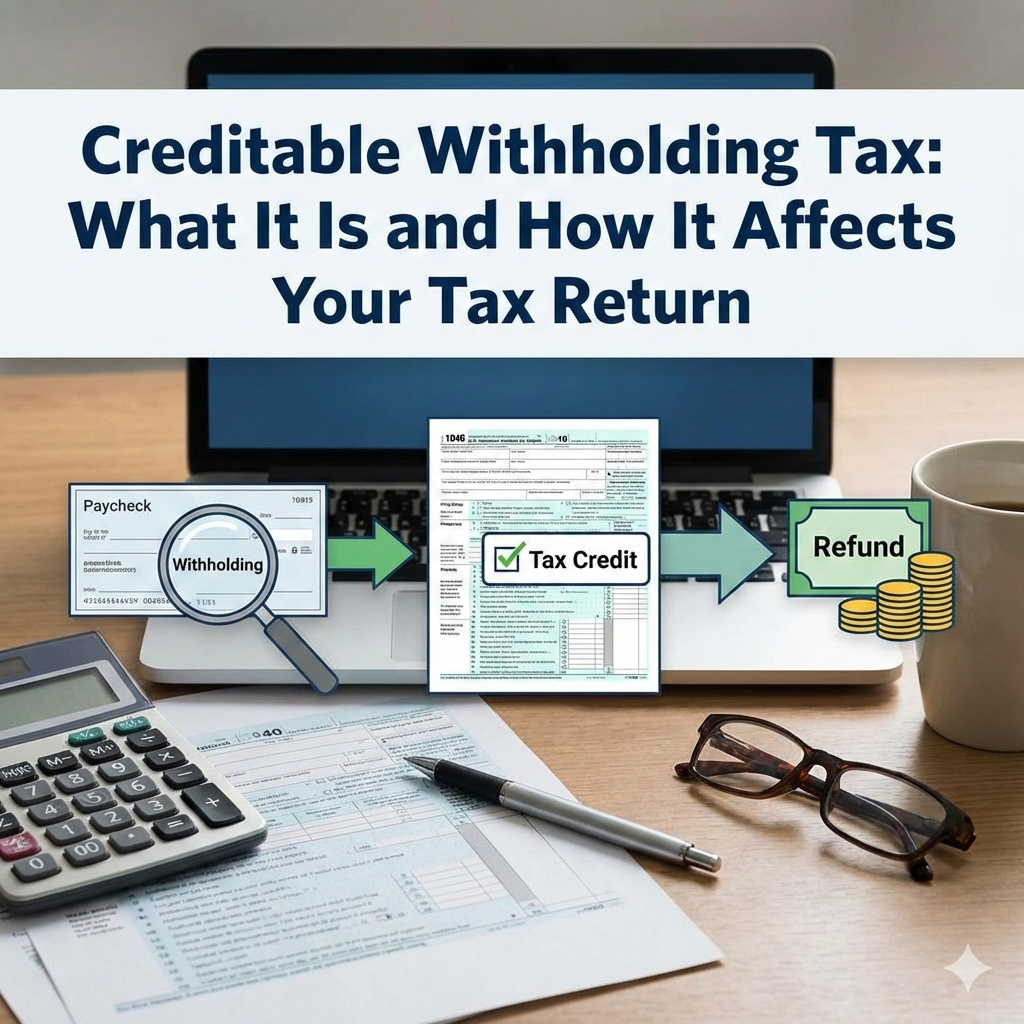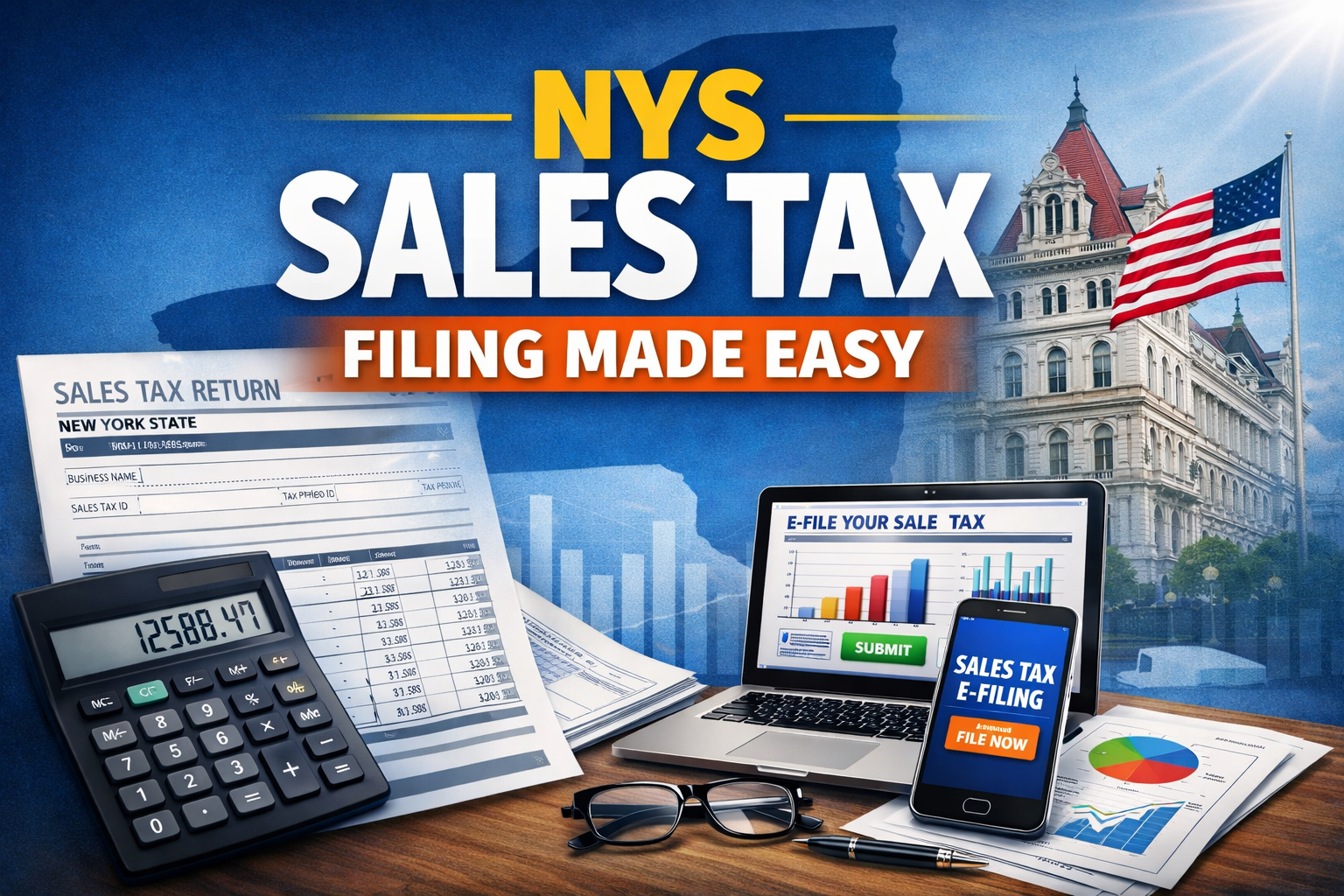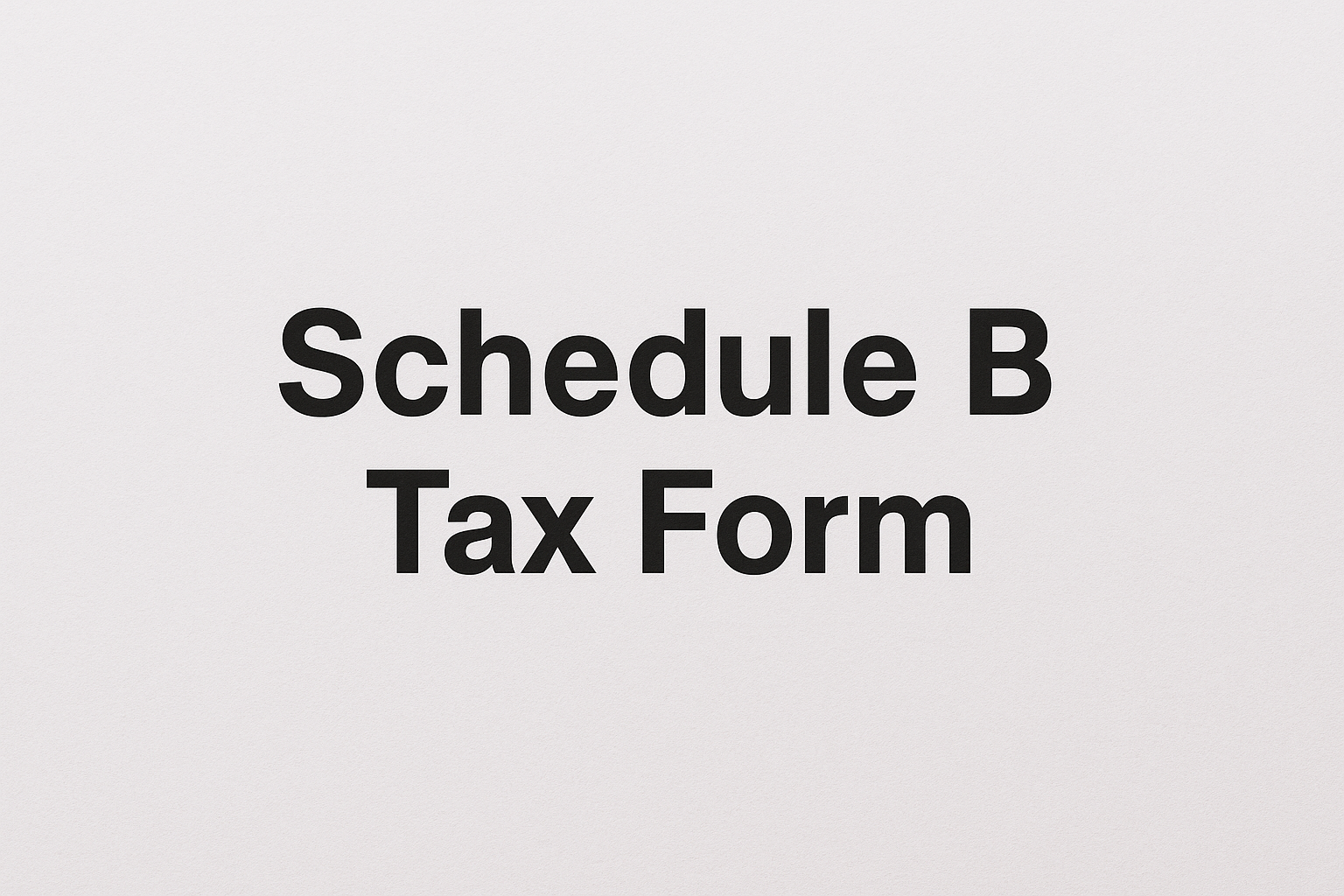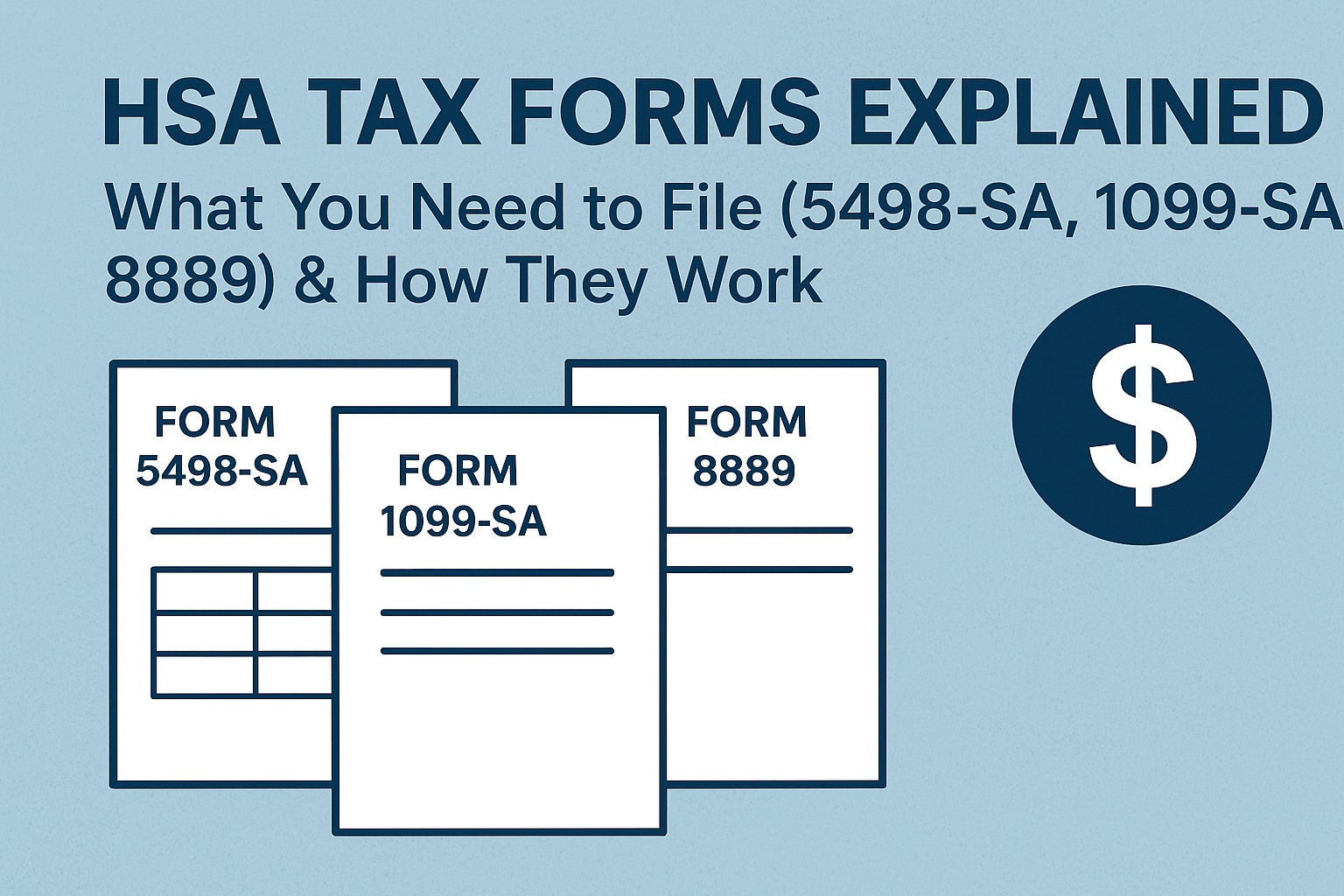
Understanding retail tax in VA is essential for both business owners and consumers navigating the Commonwealth's sales tax landscape. Whether you're opening a new store, making purchases, or simply trying to understand your receipts, Virginia's retail tax system has specific requirements that affect everyday transactions. This comprehensive guide breaks down everything you need to know about Virginia's retail tax structure.
Retail tax in VA, commonly known as sales and use tax, is a consumption tax imposed on the sale of tangible personal property and certain services. The Virginia Department of Taxation administers this tax system, which generates significant revenue for state and local governments. When you make a purchase at a retail establishment in Virginia, the sales tax is typically calculated at the point of sale and added to your total bill.
The retail tax applies to most goods sold in Virginia, from clothing and electronics to furniture and vehicles. However, the system includes numerous exemptions and special rules that can affect how much tax you ultimately pay.
The baseline statewide retail tax in VA is 4.3% on most goods and services. However, this isn't the complete picture, as localities can add additional taxes, making the effective rate higher in many areas.
In most Virginia localities, the total sales tax rate is 5.3%, which includes the 4.3% state tax plus a 1% local tax. However, certain regions have different rates:
Northern Virginia (including Arlington, Fairfax, Loudoun, and Prince William counties) has a total rate of 6%, which includes an additional 0.7% regional tax to fund transportation projects.
Hampton Roads (including cities like Norfolk, Virginia Beach, and Newport News) also charges 6% total, with the extra revenue supporting regional transportation initiatives.
The Historic Triangle region (including Williamsburg, James City County, and York County) imposes a 6% rate as well.
Certain items have different tax rates under Virginia's retail tax system:
Food for home consumption is taxed at 2.5% (1.5% state tax plus 1% local option tax in most areas).
Personal hygiene products are taxed at 1.5% statewide, with an additional 1% local tax in most jurisdictions.
Prepared foods sold by restaurants and food establishments are subject to the full retail tax rate, plus any applicable local meals taxes.
Any business selling tangible personal property or taxable services in Virginia must register with the Virginia Department of Taxation and collect retail tax in VA from customers. This includes:
Businesses must obtain a Virginia business license and register for a sales tax permit before making taxable sales. The registration process can be completed online through the Virginia Department of Taxation's website.
After the Supreme Court's decision in South Dakota v. Wayfair, Virginia requires out-of-state sellers to collect retail tax if they meet certain economic nexus thresholds. Specifically, remote sellers must register and collect Virginia sales tax if they have:
This means that even businesses without a physical presence in Virginia may have to collect and remit retail tax in VA.
Virginia's tax code includes numerous exemptions that can significantly impact what you pay. Understanding these exemptions is crucial for both businesses and consumers.
Prescription medications are completely exempt from retail tax in VA. This includes medicines prescribed by licensed healthcare providers and dispensed by pharmacists.
Certain medical equipment and devices are exempt, including wheelchairs, crutches, prosthetic devices, and durable medical equipment prescribed by doctors.
Agricultural products used in farming operations often qualify for exemption, including seeds, fertilizer, and farming equipment.
Newspapers and magazines sold through subscription are exempt, though single-copy sales at retail may be taxed.
Nonprofit organizations with 501(c)(3) status can purchase items exempt from retail tax in VA when the purchases are for the organization's use. However, they must provide sellers with a valid exemption certificate.
Government entities, including federal, state, and local government agencies, are exempt from paying sales tax on their purchases.
Religious organizations making purchases for religious purposes can claim exemption with proper documentation.
Virginia offers periodic sales tax holidays that provide temporary relief from retail tax in VA on specific items. The most notable is the back-to-school tax holiday, typically held in early August.
During this three-day weekend, Virginia exempts:
These holidays can provide significant savings for families preparing for the school year.
Businesses collecting retail tax in VA must file returns and remit collected taxes according to a schedule determined by their average monthly tax liability. The Virginia Department of Taxation assigns filing frequencies as follows:
Monthly filers: Businesses with average monthly liability of $100 or more Quarterly filers: Businesses with average monthly liability between $25 and $100 Annual filers: Businesses with average monthly liability under $25
Most businesses must file electronically through the Virginia Department of Taxation's online portal. Returns are generally due on the 20th day of the month following the reporting period.
Failing to properly collect, report, or remit retail tax in VA can result in substantial penalties. The Virginia Department of Taxation may assess:
Late filing penalties of 6% of the tax due per month, up to 30% Late payment penalties of 6% of the unpaid tax per month Interest charges on unpaid taxes, calculated from the due date Criminal penalties for willful tax evasion or fraud
Businesses should maintain accurate records and file returns on time to avoid these consequences.
To ensure proper handling of retail tax in VA, businesses should:
Navigating retail tax in VA requires understanding the state's base rate, local additions, special rates for specific items, and numerous exemptions. Whether you're a business owner responsible for collecting and remitting taxes or a consumer wanting to understand what you're paying, staying informed about Virginia's retail tax system helps ensure compliance and can lead to legitimate savings.
The Virginia Department of Taxation provides extensive resources, including online guides, webinars, and taxpayer assistance programs to help businesses and individuals understand their obligations. By staying informed and maintaining good practices, businesses can efficiently manage their sales tax responsibilities while avoiding costly penalties.
Remember that tax laws change periodically, so regularly consulting with tax professionals or checking the Virginia Department of Taxation's website ensures you have the most current information about retail tax in VA.





